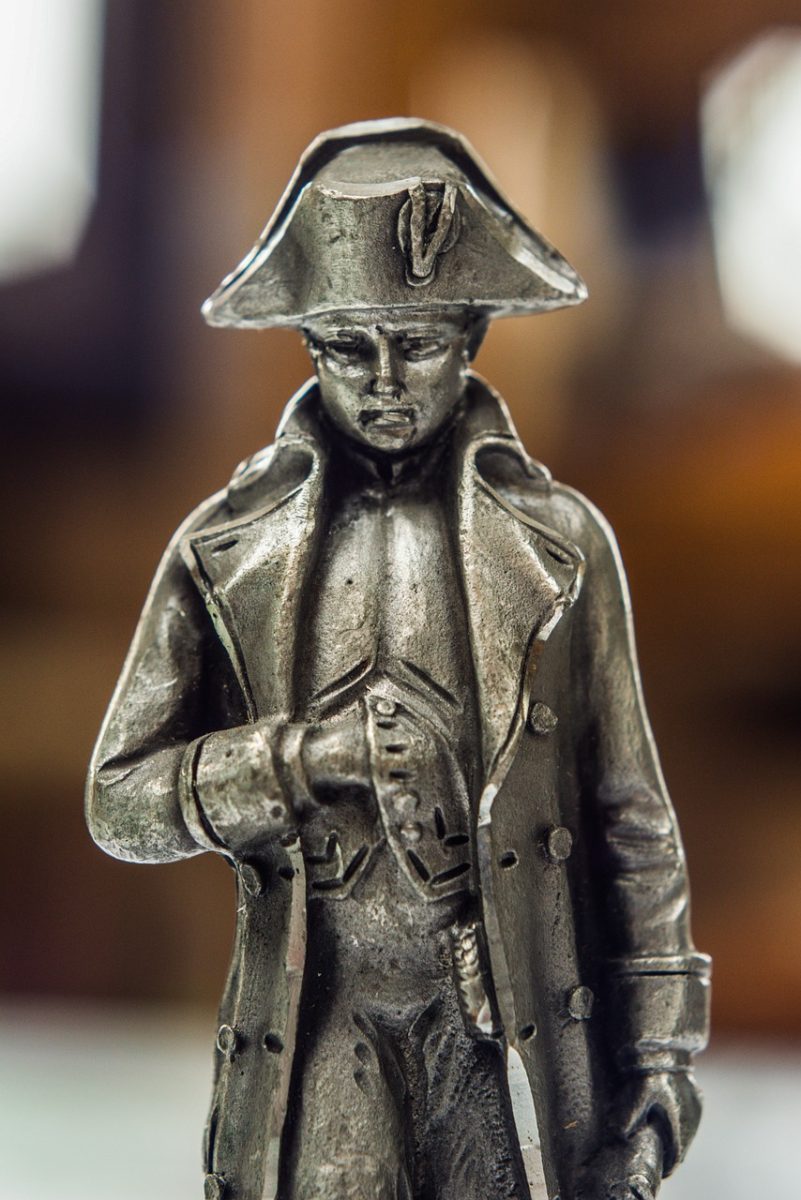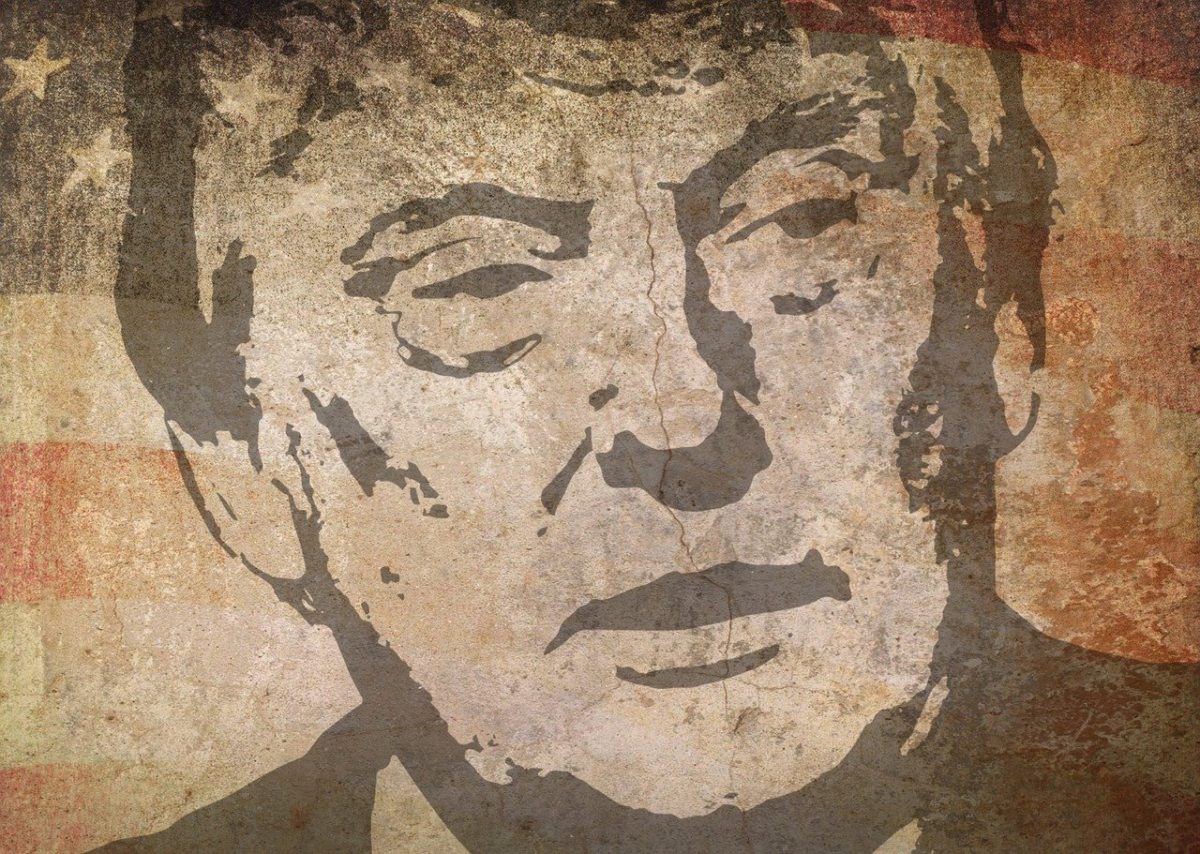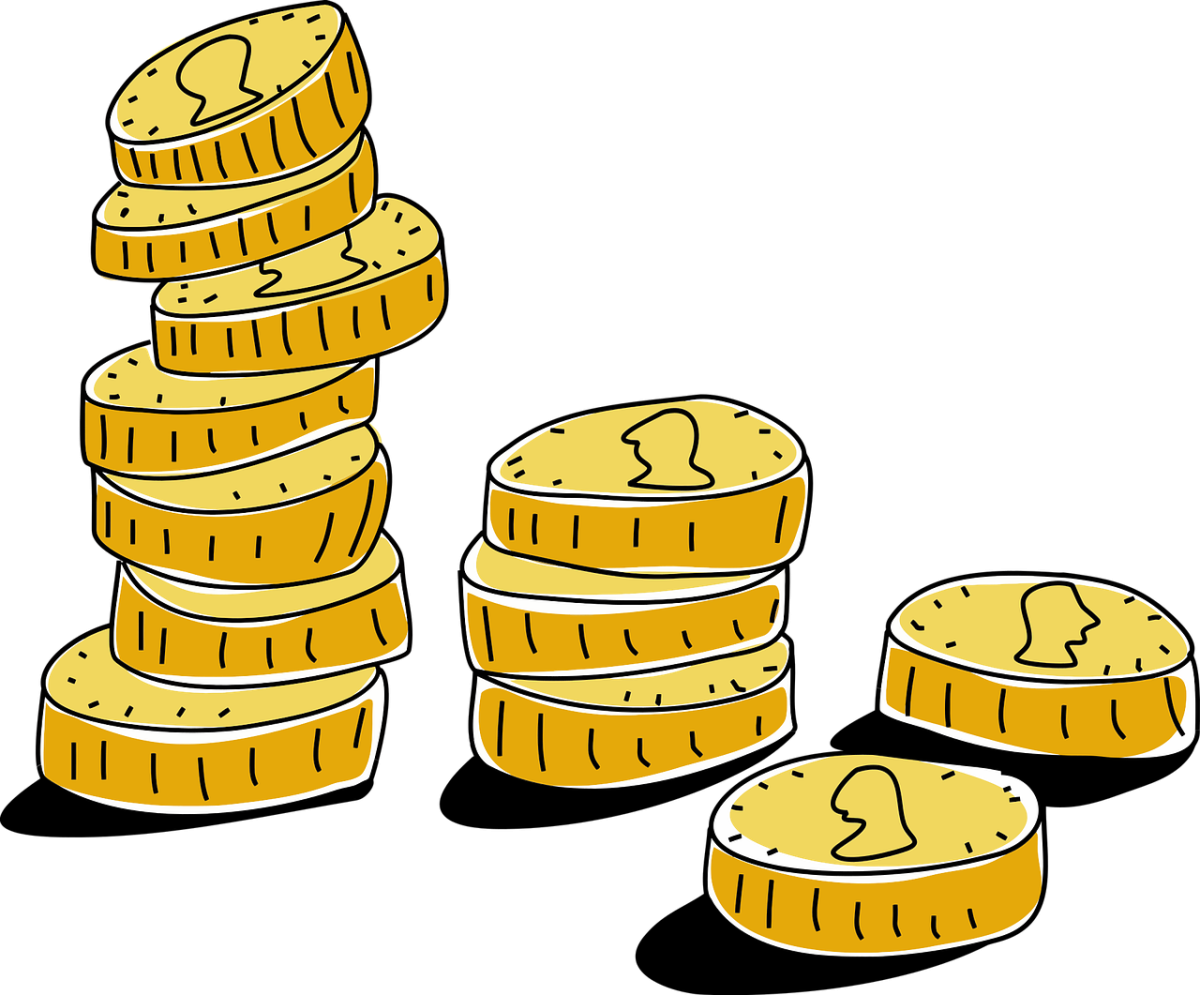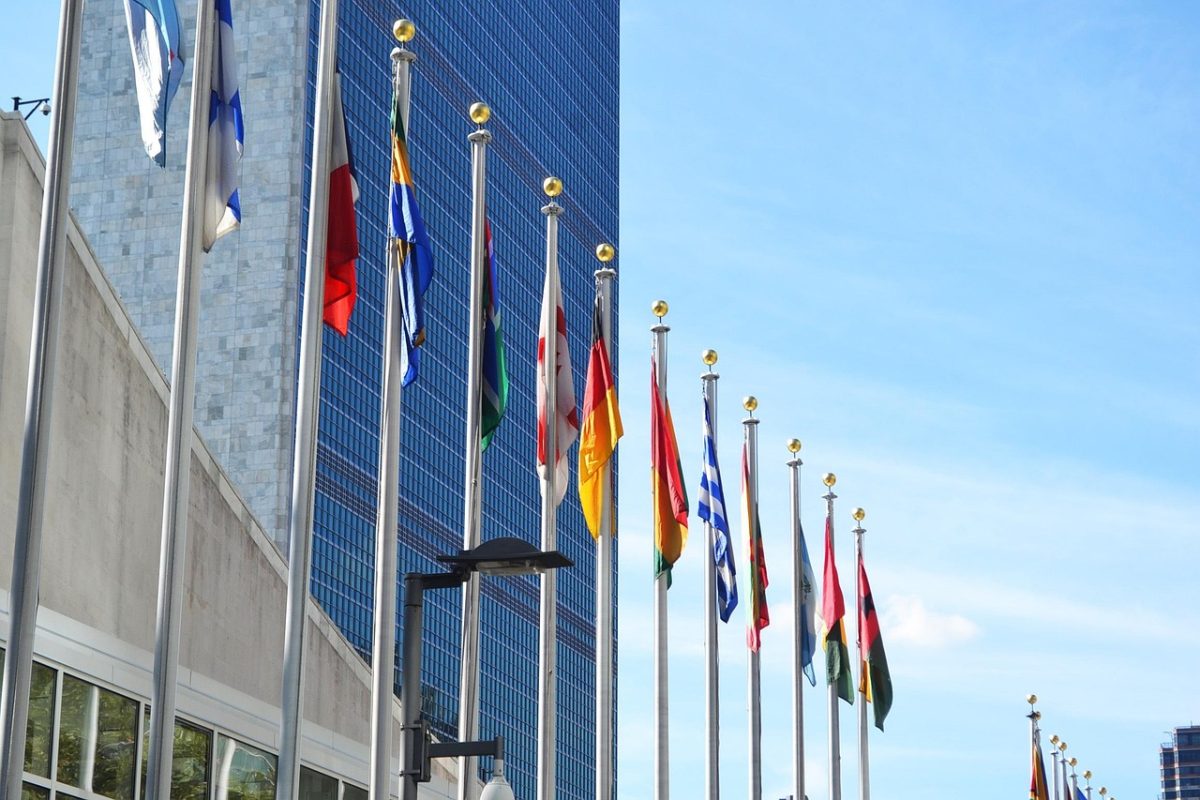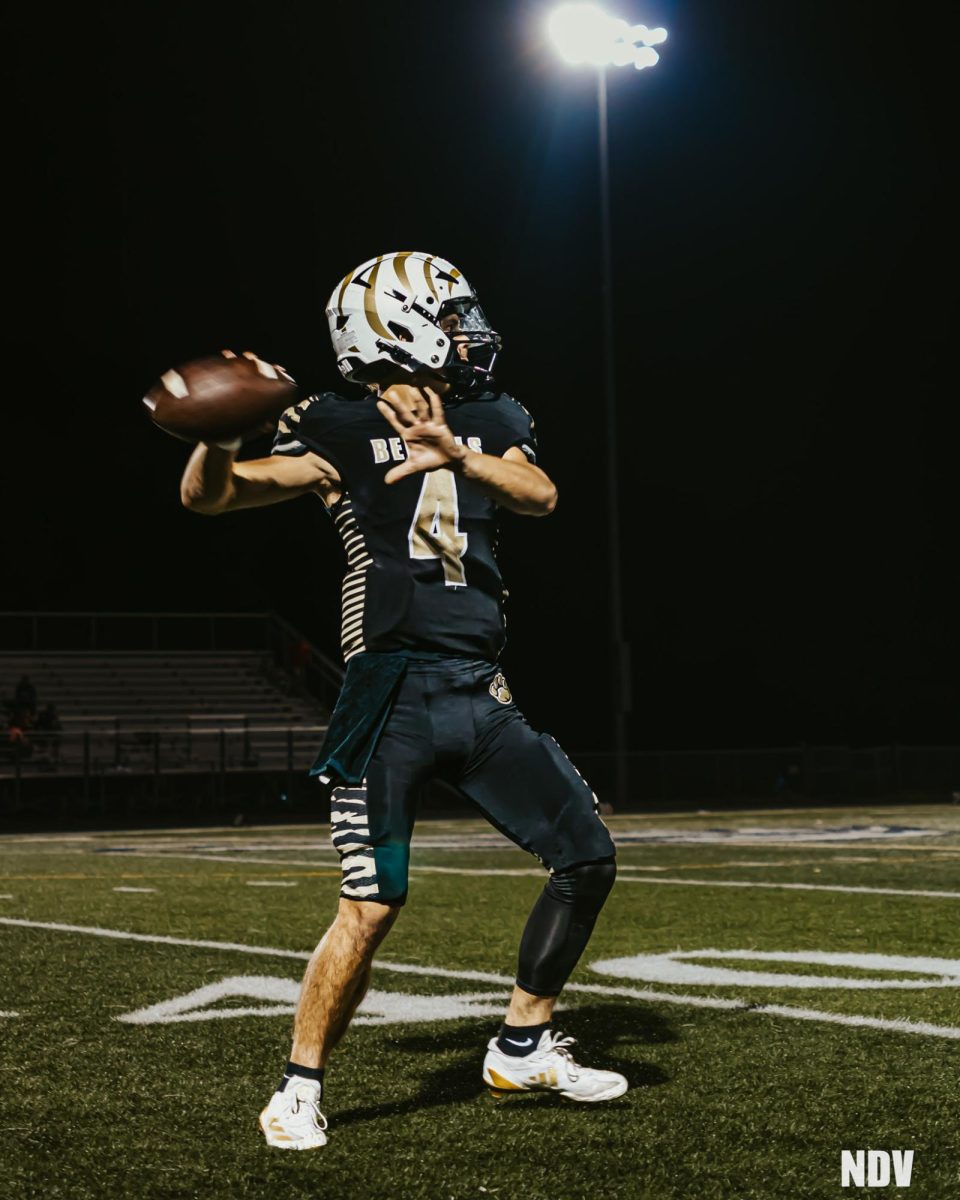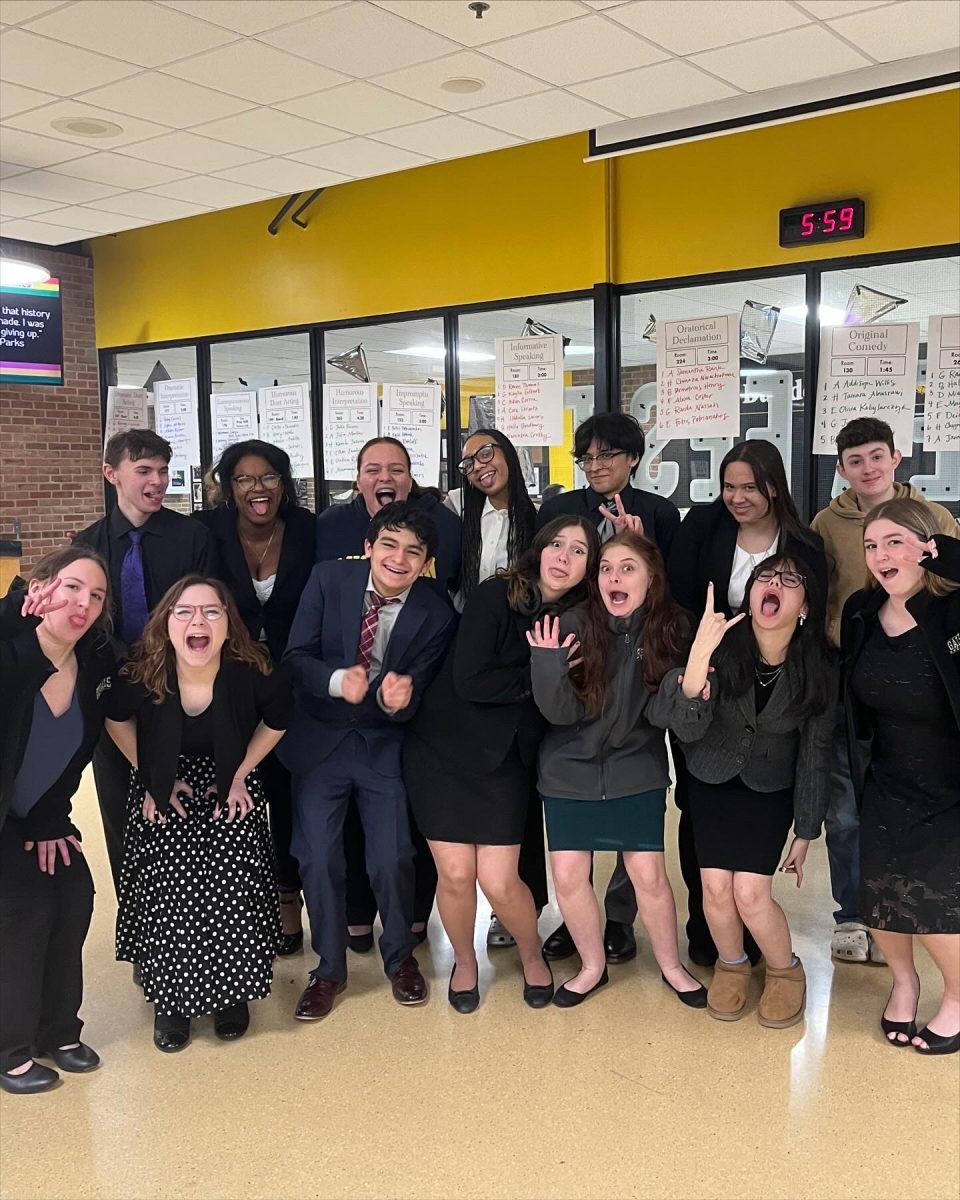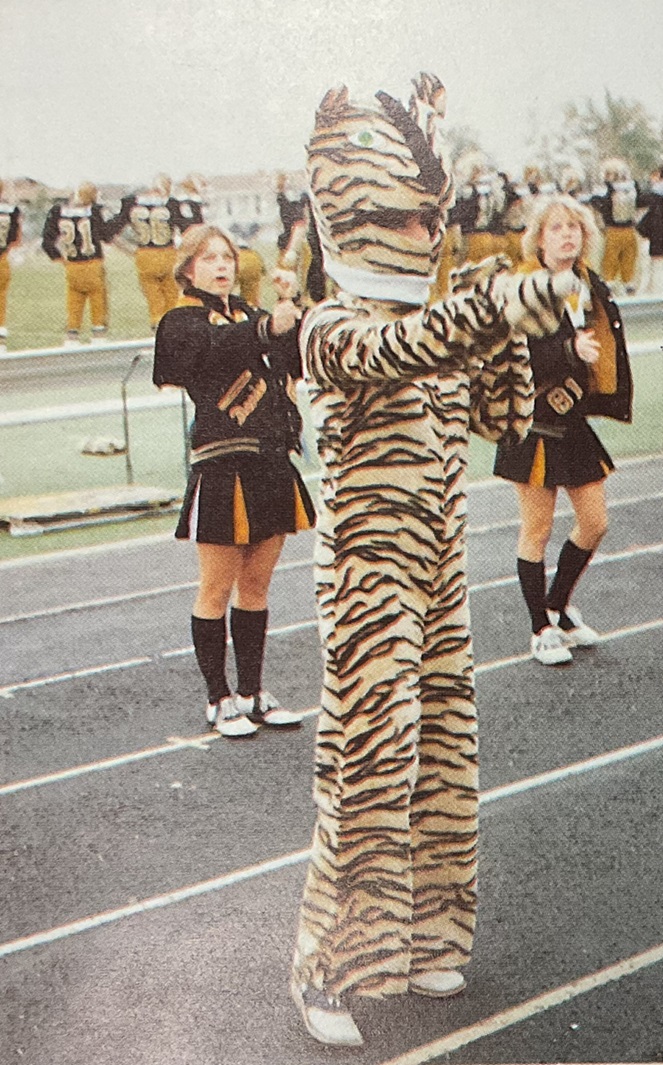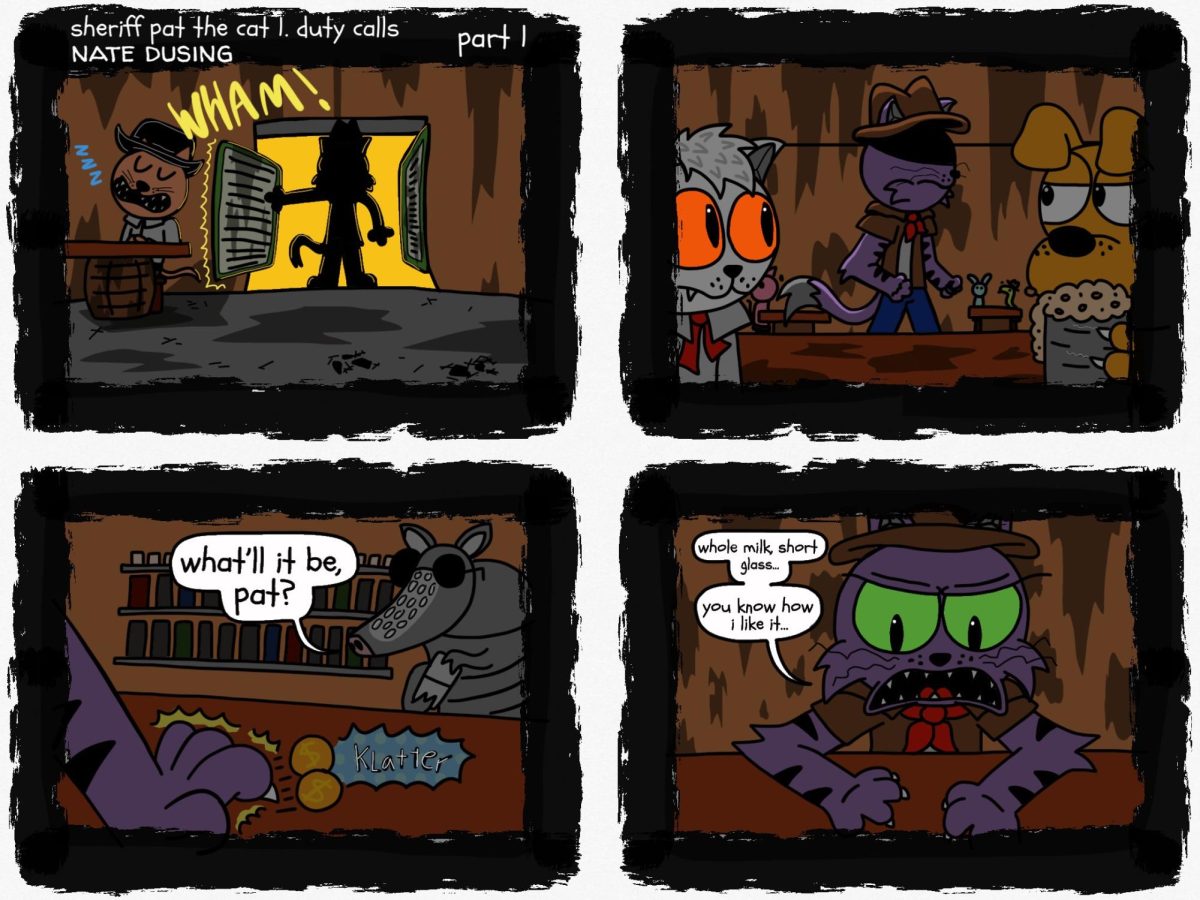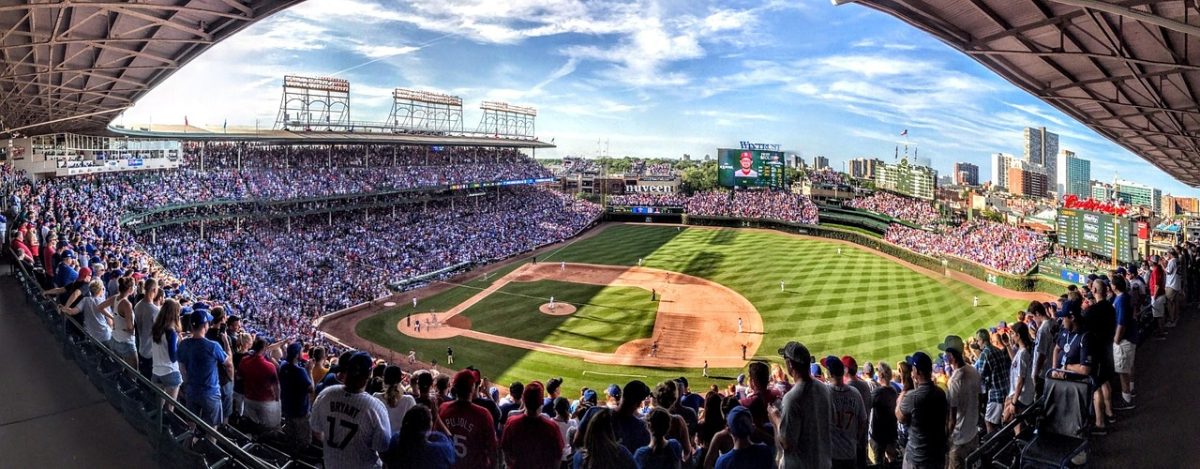The British band Coldplay has achieved much success since 1997. At least some of that success relates to its hit song from 2008, “Viva La Vida,” which won a 2009 Grammy for Song of the Year. The song portrays a leader who has been ousted from power and is reflecting on his time in power. But who is this leader? Many people have said that it is King Louis XVI of France; others think that it could be Napoleon Bonaparte, Emperor of the French.
“I used to rule the world
Seas would rise when I gave the word
Now in the morning, I sleep alone
Sweep the streets I used to own”
The song opens with a reflection from a powerful ruler who has now been deposed. Both Louis XVI and Napoleon I were deposed from power and isolated. Louis was isolated from his family before his execution, and Napoleon was exiled from his wife and son (Napoleon II), but Napoleon did control Europe. Napoleon was the master of that continent for years and its most dominant force. Napoleon was exiled far from France, though, and the last line makes more sense for Louis since he was in France after he was sidelined and removed from power.
“I used to roll the dice
Feel the fear in my enemy’s eyes
Listen as the crowd would sing
“Now the old king is dead, Long live the King!”
The enemies of Napoleon would fear him and the French Army. Napoleon would try his luck many times, rolling the dice. But when the older King Louis XV died of smallpox in 1774, and Louis XVI became king, Louis XV would be the old king and Louis XVI the new king.
“One minute I held the key
Next the walls were closed on me
And I discovered that my castles stand
Upon pillars of salt and pillars of sand”
The description in this section of the lyrics happened to both French monarchs. The foundation and base of rule for each collapsed; they had no support and had to yield. Louis had to yield to the revolutionaries and Napoleon to the European coalition against him.
“I hear Jerusalem bells are ringing
Roman Cavalry choirs are singing
Be my mirror, my sword and shield
My missionaries in a foreign field
For some reason I can’t explain
Once you go there was never, never an honest word
That was when I ruled the world”
From 1798-1799, Napoleon went to Egypt and was relatively close to the holy city of Jerusalem, so that could be a meaning of the first line. One interpretation of the “missionaries” would be France spreading the ideals of the French Revolution. The French transmitted revolutionary fervor to the rest of the continent and helped create sister republics.
“It was a wicked and wild wind
Blew down the door to let me in
Shattered windows and the sound of drums
People couldn’t believe what I’d become”
The ousting of Louis XVI and the creation of the French Republic paved the way for Napoleon’s advancement. Then, with the instability of the Directory, Napoleon used his popularity to seize power. I feel that the last line in this verse is referring to Napoleon making himself a monarch and changing the balance of power in Europe. The powerful European countries didn’t like how Napoleon was challenging the status quo.
“Revolutionaries wait
For my head on a silver plate
Just a puppet on a lonely string
Oh who would ever want to be king?”
This verse seems to be entirely about the downfall of Louis XVI. Revolutionaries called for the execution of the king and then they received their wish. The last line reflects on why someone would want to be entrusted with the power of ruling.
“I hear Jerusalem bells are ringing
Roman Cavalry choirs are singing
Be my mirror, my sword and shield
My missionaries in a foreign field
For some reason I can’t explain
I know Saint Peter won’t call my name
Never an honest world
But that was when I ruled the world”
These verses are the most applicable to both Louis XVI and Napoleon I. Perhaps they both felt that they wouldn’t go to heaven, so St. Peter wouldn’t open the gates of heaven for them. Napoleon also might have thought this because he imprisoned Popes Pius VI and Pius VII.
Overall, “Vida La Vida” is a song about a leader who has been ousted from power and now has to reflect on his time in power. While many people have said the song is about Louis XVI and the French Revolution, I think that overall, the song represents Napoleon I. More elements of the song relate to Napoleon. While the song could be Louis XVI’s reflections before facing execution, it seems more likely to be about Napoleon I, reflecting on his rule during his isolated exile on the remote island of St. Helena.
